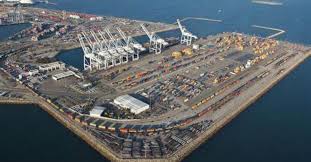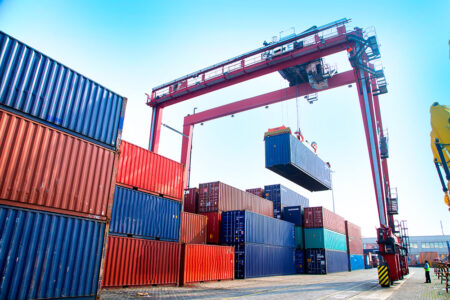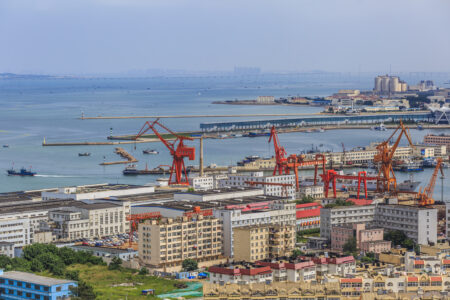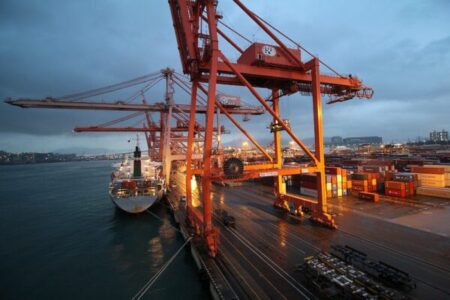All government-nominated IPGL directors step down ahead of US sanctions, leaving India’s Chabahar plans in limbo.

India’s ambitions at Iran’s Chabahar Port face a sudden setback as all government-appointed directors of India Ports Global (IPGL) resigned on September 28, just a day before new US sanctions came into effect. Sources say the resignations were intended to avoid personal exposure to punitive measures.
“Because of the sanctions, individuals would have come under the scanner, which could have caused embarrassment. Hence all government nominees stepped down, and the website has been taken offline,” explained a source familiar with the matter.
The sanctions, effective September 29, give Indian entities, including IPGL, a 30-day window to withdraw from Chabahar or face asset freezes and exclusion from the US financial system. The US Treasury’s OFAC has granted India a temporary comfort letter valid until October 28. India must submit a detailed exit or compliance plan by October 22.
Legal and Contractual Challenges
India is now navigating a tricky legal and contractual path. In March 2024, it signed a 10-year agreement with Iran’s Ports and Maritime Organisation to operate the Shahid Beheshti terminal, committing $120 million, including major equipment procurement. Crucially, the contract does not cover sanctions under force majeure, meaning any withdrawal could trigger financial penalties and compensation claims from Tehran.
“The government now faces a tough call: risk contract penalties or seek a negotiated settlement with Iran,” said another source, calling it one of India’s most complex tests of sanctions diplomacy.
Strategic Importance of Chabahar
For India, Chabahar is more than a commercial port. Situated in Sistan-Baluchistan province, outside the congested Persian Gulf, it provides a direct sea-land corridor to Afghanistan and Central Asia, bypassing Pakistan. It is also central to the International North-South Transport Corridor (INSTC), which links India with Russia, Central Asia, and Europe, offering faster and cheaper trade routes.
IPGL’s Iranian subsidiary, IPGCFZ, has already invested around $85 million in cranes and handling equipment, with six mobile harbour cranes currently deployed at the terminal.
Shift in US Policy
Chabahar had previously enjoyed a rare US waiver under the Trump administration, recognising its role in humanitarian shipments to Afghanistan. With Washington’s decreased involvement post-Afghanistan withdrawal, the waiver has quietly lapsed, leaving India exposed to the renewed sanctions.
India’s Options
Officials are weighing three difficult paths:
- Exit the project – accept penalties but risk losing a strategic foothold.
- Renegotiate with Tehran – seek temporary suspension or restructure the contract.
- Defy sanctions – continue operations and risk secondary US sanctions on Indian banks and companies.
Each option carries geopolitical and financial risks, and with October deadlines approaching, the situation remains uncertain.
The mass resignations at IPGL highlight the immediate instability. What was once hailed as a flagship of India’s regional connectivity vision now faces the harsh reality of shifting global power dynamics.
Source: Maritime Gateway











